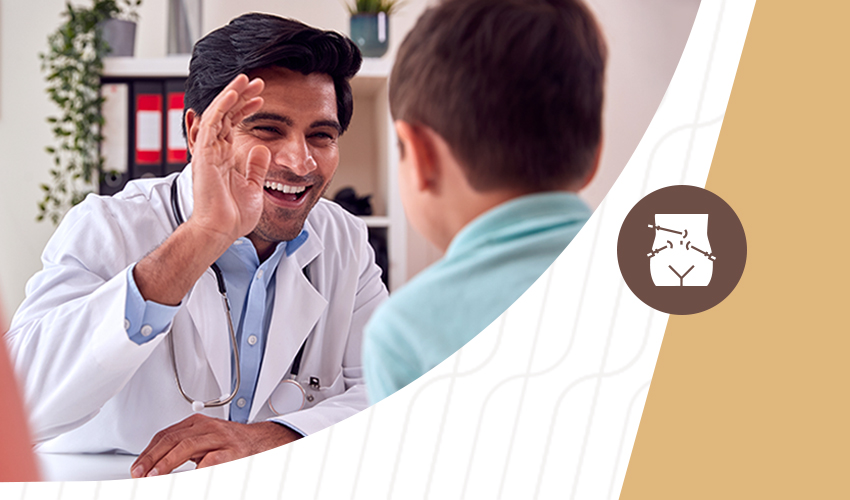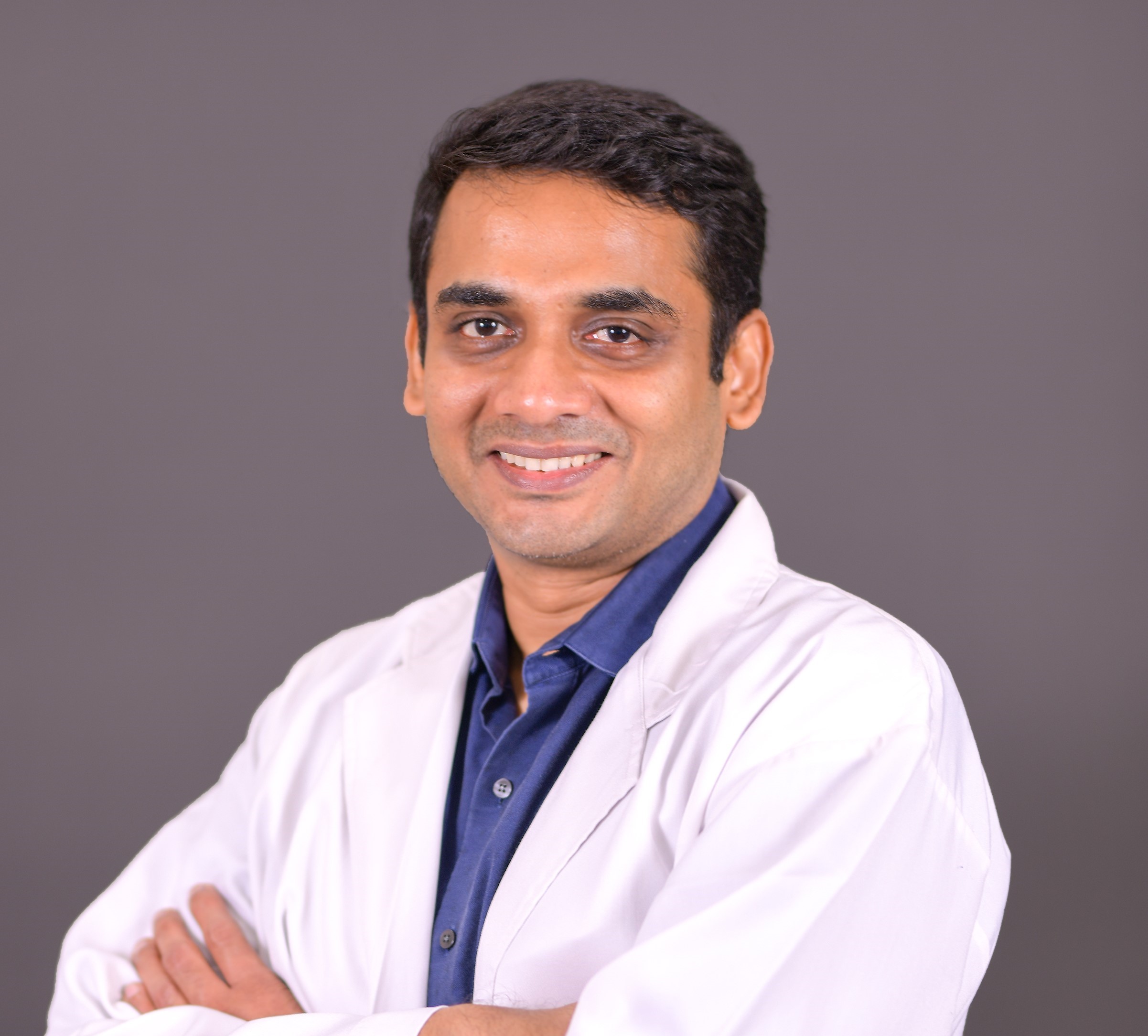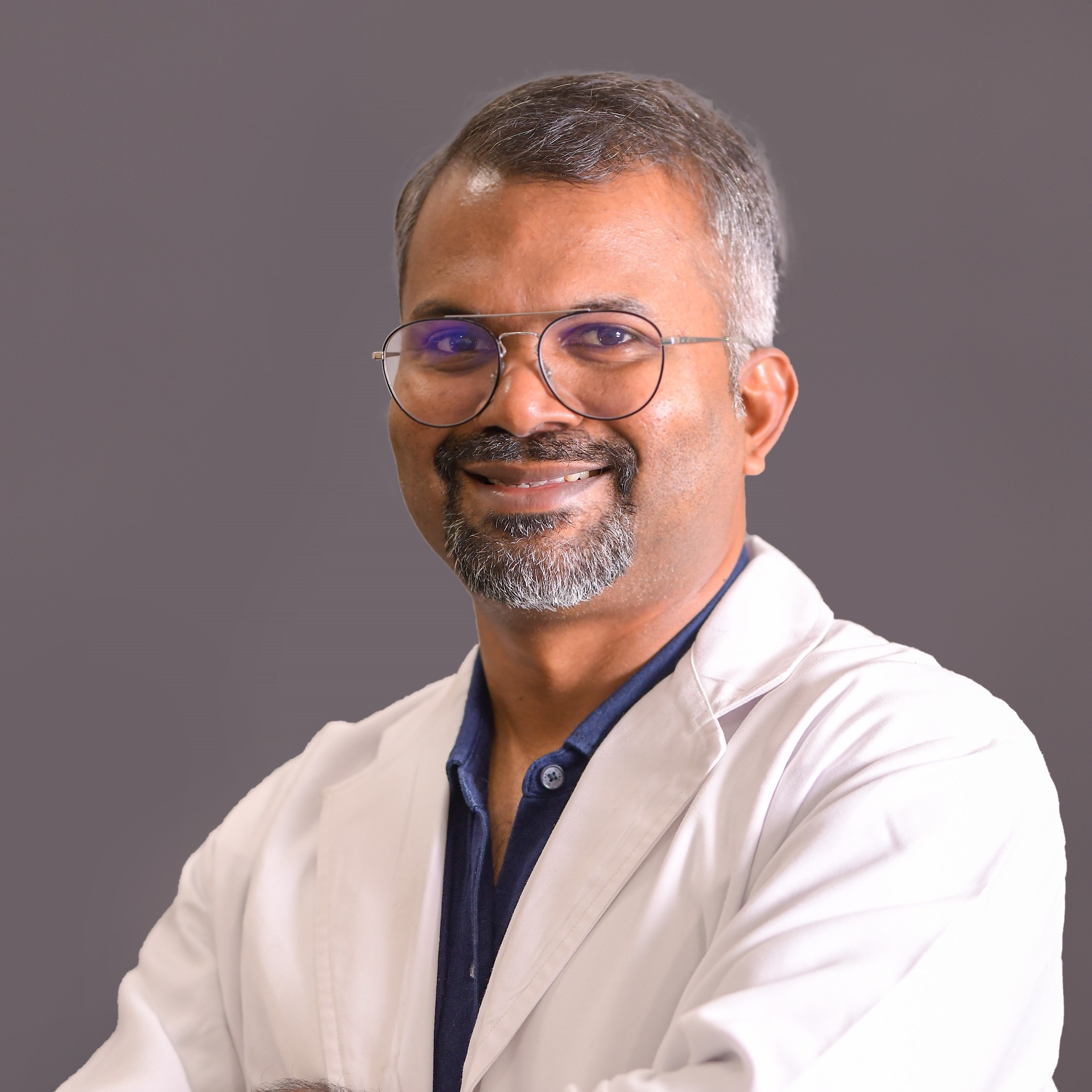- Our Doctors
- Our Specialities
Centres of Excellence
-
 Centre for Blood Diseases, BMT & Cancer Immunotherapy
Centre for Blood Diseases, BMT & Cancer Immunotherapy -
 Centre for Bone, Joint & Spine
Centre for Bone, Joint & Spine -
 Centre for Critical Care Medicine and ECMO Services
Centre for Critical Care Medicine and ECMO Services -
 Centre for Gastrosciences
Centre for Gastrosciences -
 Centre for Heart & Vascular Care
Centre for Heart & Vascular Care -
 Centre for Nephro-Urosciences
Centre for Nephro-Urosciences -
 Centre for Neurosciences
Centre for Neurosciences -
 Centre for Obstetrics and Gynaecology
Centre for Obstetrics and Gynaecology -
 Centre for Organ Transplantation
Centre for Organ Transplantation
Super Speciality
-
 Advanced Diagnostic and Interventional Radiology
Advanced Diagnostic and Interventional Radiology -
 Anesthesiology & Pain Management
Anesthesiology & Pain Management -
 Clinical Nutrition and Dietetics
Clinical Nutrition and Dietetics -
 Dental and Maxillofacial Surgery
Dental and Maxillofacial Surgery -
 Dermatology
Dermatology -
 Emergency and Trauma
Emergency and Trauma -
 Endocrinology and Metabolic Disease
Endocrinology and Metabolic Disease -
 ENT and Head & Neck Surgery
ENT and Head & Neck Surgery -
 Family Medicine
Family Medicine -
 General and Laparoscopic Surgery
General and Laparoscopic Surgery -
 General Medicine
General Medicine -
 Laboratory Medicine
Laboratory Medicine
-
- Key Procedures
- Our Hospitals
- International Patient
- Contact us
-
Quick Links


Cholecystectomy
Cholecystectomy is the surgical removal of the gallbladder. Cholecystectomy is the common treatment option for gallstones, cholecystitis, and other gall bladder conditions. Cholecystectomy is a relatively safe procedure and mostly a planned surgery, not an emergency.
How and why is it done?
There are two types of surgical procedures, open and laparoscopic cholecystectomy. Depending on the patient’s overall health, age, and condition, the surgeon discusses the options of choosing the procedure. Laparoscopic Cholecystectomy is the most opted surgical procedure due to its many advantages over conventional methods such as shorter incisions, less tissue damage, less bleeding, shorter hospital stays, and faster recovery.
Gall Stones | Dr. Shanavas Kakkat
Meet Our Doctors
Experienced Medical professionals for a superior patient experience.
Frequently Asked Questions
Can a gallbladder burst?
It is possible for the gallbladder to rupture in a condition known as a gallbladder perforation. Known as acute cholecystitis is a life-threatening condition. Perforation of the gallbladder can cause a generalized infection of the abdomen called sepsis.
Can a person live without a gallbladder?
You can lead a perfectly normal life without a gallbladder. Your liver will still make enough bile to digest your food, but instead of being stored in the gallbladder, it drips continuously into your digestive system.
What will happen after gallbladder removal?
You can expect to live a perfectly normal life after gallbladder surgery but may experience temporary side effects related to the way your digestive system processes fatty foods. These symptoms may include loose stools or diarrhoea, bloating, cramping, and excess gas in response to meals or certain foods.

 +91 9393 108 108
+91 9393 108 108




















































